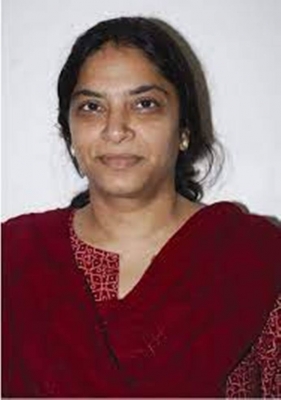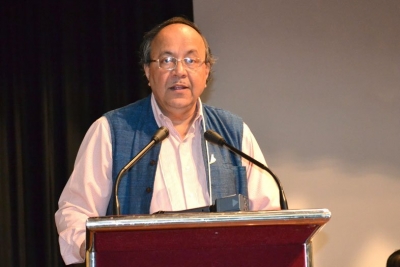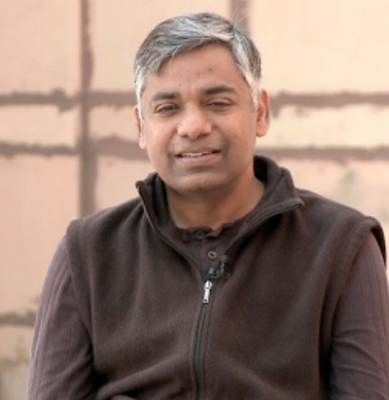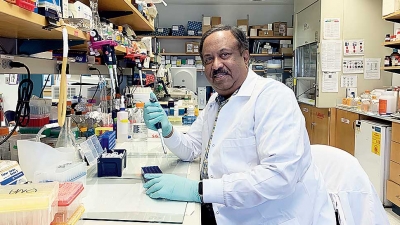What are the achievements of Ritabrata Munshi?
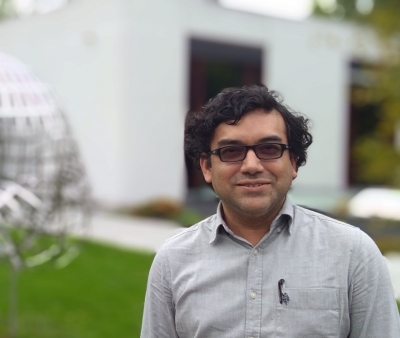
Ritabrata Munshi is a mathematician specialising in number theory. He is affiliated to the Tata Institute of Fundamental Research, Mumbai, and the Indian Statistical Institute, Kolkata.
Number theory is a branch of mathematics that studies properties of positive integers or whole numbers that do not have a fraction or decimal part. Munshi made significant contribution to the number theory, in that he linked arithmetic geometry, representation theory and complex analysis in many ways. For this, he was awarded the Ramanujan Prize which is given for mathematicians under the age of 45 from a developing country.
Ritabrata Munshi did his doctoral studies at Princeton University in the U.S with Sir Andrew Wiles, a famous mathematician. After a few post-doctoral years in the U.S, he joined the Tata Institute of Fundamental Research in India.
He has received many awards for his work, including the Infosys Science Foundation's 2017 award in mathematical sciences, the Birla Science Prize (2013) and the ISI Alumni gold medal. He was awarded the Shanti Swarup Bhatnagar Prize for Science and Technology in 2015. He was also awarded the ICTP Ramanujan Prize in 2018.
Munshi was elected a Fellow of the Indian Academy of Sciences in 2016. Munshi was awarded the Swarna-Jayanti fellowship by the Department of Science and Technology, Government of India. He was also elected a fellow of the Indian Academy of Sciences in 2016.
In 2018 he was an invited speaker at the International Congress of Mathematicians (ICM). He was elected a fellow of the Indian National Science Academy in 2020.
He is on the editorial board of the Journal of the Ramanujan Mathematical Society and the Hardy-Ramanujan Journal.
Picture Credit : Google
